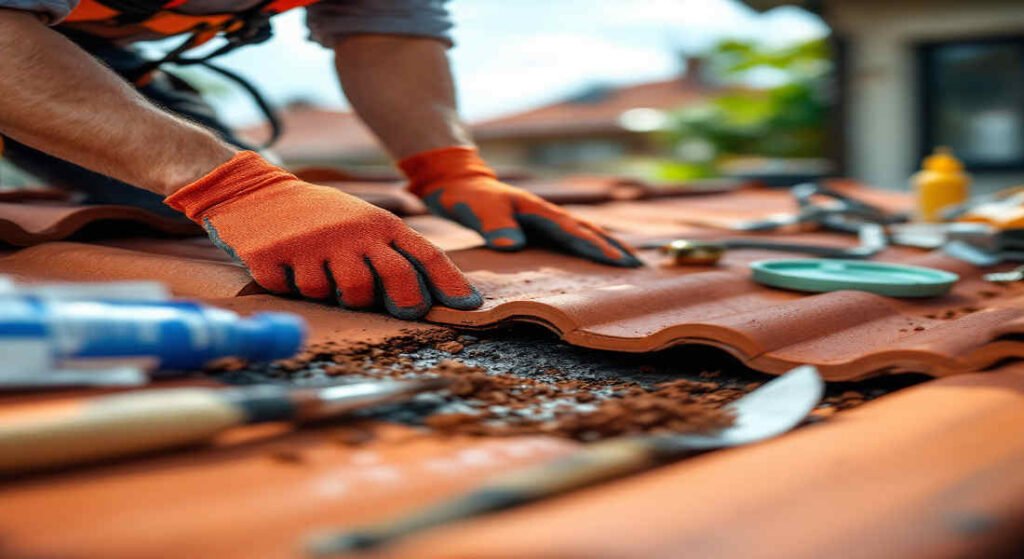When you’re renting a home or apartment, you might think that your landlord is responsible for everything related to the property, including damage caused by a leaking roof. However, protecting your personal belongings and ensuring financial security in such situations often falls on renters’ insurance. But does renters’ house insurance cover a leaking roof? And what can renters do to safeguard their possessions?
Picture this: you’re enjoying a rainy evening at home when you suddenly notice water dripping from the ceiling. A leaking roof is not just an inconvenience—it can result in water damage to your personal belongings, disrupt your daily life, and even lead to costly repairs.
For renters, this raises an important question: Does renters’ insurance cover damage caused by a leaking roof? Many tenants are unsure about what their insurance policy actually covers, and this uncertainty can leave them vulnerable when unexpected issues arise.
Understanding Renters Insurance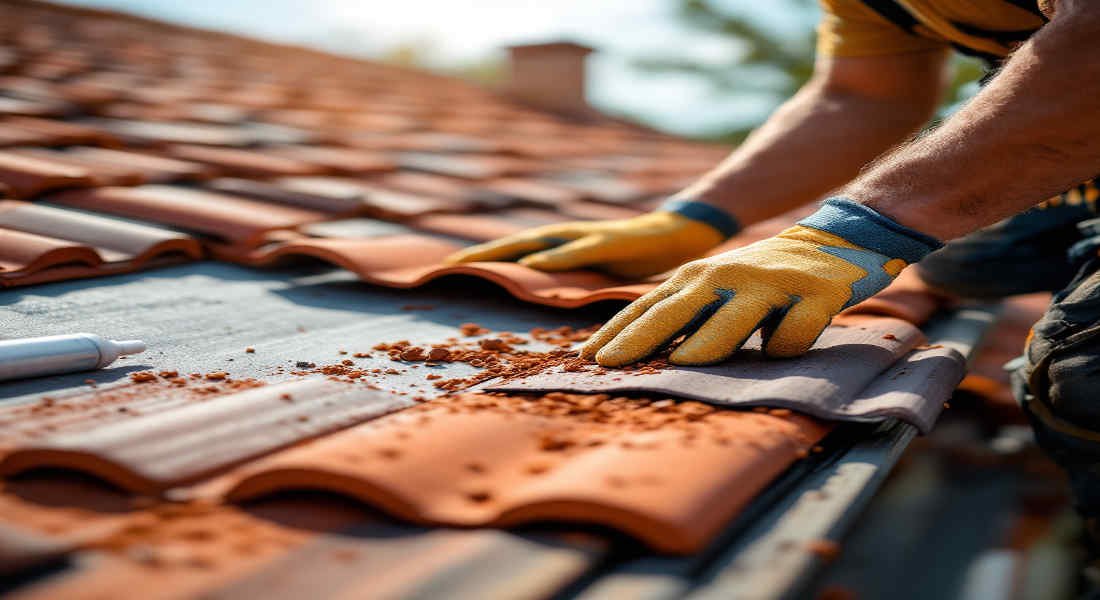
Let’s start with the basics. What is renters insurance, and why is it important?
What Is Renters Insurance?
Renters’ insurance is a type of insurance policy designed to protect tenants. Unlike landlord insurance, which covers the structure of the building, renters insurance focuses on your personal belongings and liability.
What Does Renters’ Insurance Cover?
Here are the main areas of coverage:
- Personal Property: Covers your belongings like furniture, clothing, electronics, and more if they’re damaged due to covered events (e.g., fire, theft, or water damage).
- Liability Protection: Covers legal expenses if someone is injured in your rental unit or if you accidentally damage someone else’s property.
- Additional Living Expenses: If your rental becomes uninhabitable due to a covered event, this helps pay for temporary housing, meals, and other costs.
Renters Insurance vs. Landlord Insurance
It’s important to understand the difference between renters’ insurance and landlord insurance:
Feature Renters Insurance Landlord Insurance Who it protects Tenants (for personal property and liabilities) Landlords (for the structure of the property) Covers the building? No Yes Covers belongings? | Yes (tenant’s belongings) No
While landlords are responsible for the structure of the building (such as the roof), renters’ insurance protects your possessions inside the rental unit.
Roof Leaks in Rental Properties: Who Is Responsible?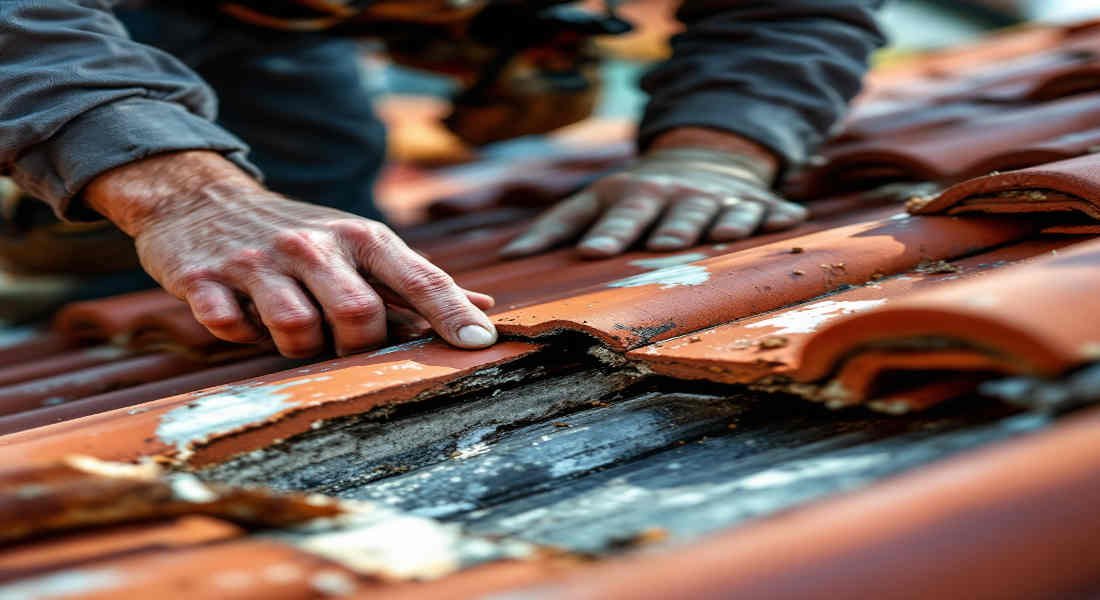
A leaking roof can cause confusion when it comes to responsibility. Let’s break it down.
You may also read (necessary for home roof sheathing).
Landlord’s Responsibility
Landlords are responsible for ensuring the rental property is safe and habitable. This includes maintaining the roof and addressing structural issues. If the roof leaks due to poor maintenance, storm damage, or installation issues, the landlord must repair it.
Tenant’s Responsibility
As a tenant, you have the responsibility to:
- Report the leak promptly: Notify your landlord as soon as you notice the issue.
- Prevent further damage: Move your belongings away from the leak and take basic steps to mitigate damage (e.g., placing a bucket under a drip).
Failing to report the issue in a timely manner could lead to complications with insurance claims—more on this later.
Common Causes of Roof Leaks
Roof leaks can happen for several reasons, including:
- Storm damage: Heavy rain, hail, or strong winds can damage shingles or create openings in the roof.
- Poor maintenance: Neglecting regular roof inspections and repairs can lead to leaks.
- Installation issues: Improper roof installation or low-quality materials may cause leaks over time.
Understanding these causes helps clarify who is responsible for fixing the problem.
Does Renters’ Insurance Cover Damage from a Leaking Roof?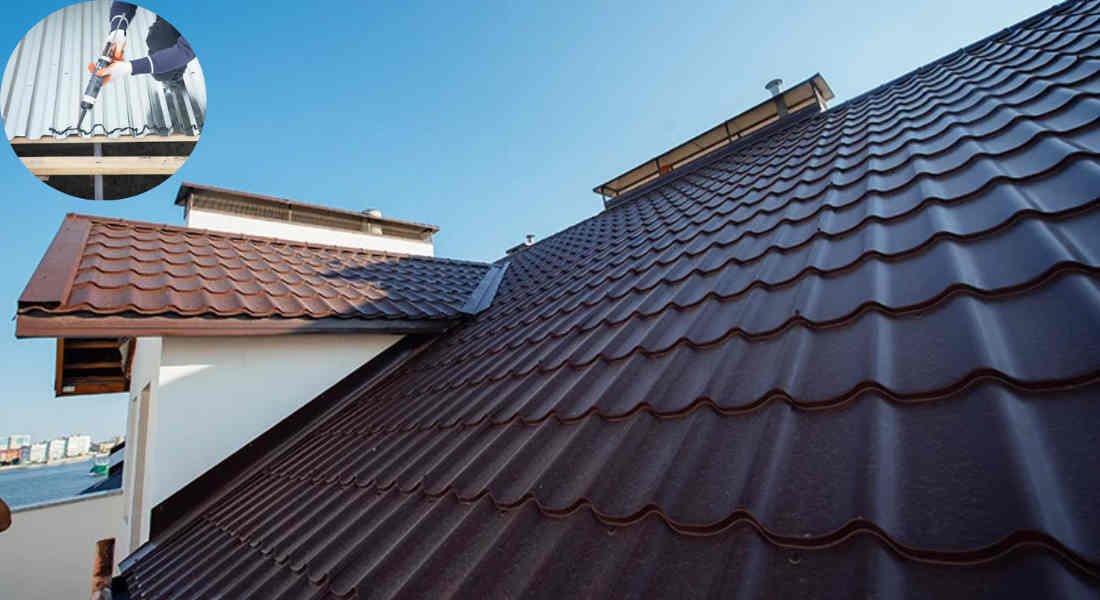
Here’s the big question: Does renters’ insurance cover damage caused by a leaking roof? The answer depends on the details of your situation.
What Renters Insurance Covers
Renters insurance typically covers personal belongings damaged by water entering through a leaking roof, as long as the damage is sudden and accidental. For example:
- If a severe storm damages the roof, causing water to leak into your apartment and ruin your furniture, renters’ insurance will likely cover the cost of replacing your belongings.
What Renters Insurance Does Not Cover
However, there are important limitations to keep in mind:
- The roof itself is not covered: Renters insurance does not cover structural repairs—that’s the landlord’s responsibility.
- Negligence is not covered: If the tenant or landlord was negligent (e.g., failing to fix a known issue or leaving windows open during a storm), the damage may not be covered.
- Gradual damage is excluded: If the leak is due to wear and tear or poor maintenance over time, renters’ insurance won’t cover the resulting damage.
Examples of Covered vs. Non-Covered Scenarios
Scenario Covered?
- A storm damages the roof, causing a leak that ruins a TV. Yes
- The tenant leaves the windows open, and the rain damages belongings. No
- Roof leaks due to the landlord’s failure to maintain it. No (landlord liable)
- Furniture was destroyed by a sudden pipe burst. Yes
You may also read (durable house roof coatings).
Steps to Take If You Experience a Roof Leak
Dealing with a roof leak can be stressful, but taking the right steps can make all the difference. Here’s what to do:
- Notify Your Landlord Immediately
- Contact your landlord as soon as you notice the leak.
- Document the issue in writing (e.g., email or text) to create a record of your notification.
- Take Photos and Videos
- Capture images of the leak and any damage to your belongings. This documentation will be crucial for your insurance claim.
- Contact Your Renters Insurance Company
- File a claim with your insurance provider as soon as possible. Most policies require claims to be submitted within 48-72 hours of the incident.
- Prevent Further Damage
- Move your belongings away from the leak.
- Use buckets, towels, or tarps to minimize water damage.
- Keep Records
- Save all receipts, repair estimates, and communications with your landlord and insurer.
Filing a Renters’ Insurance Claim for Roof Leak Damage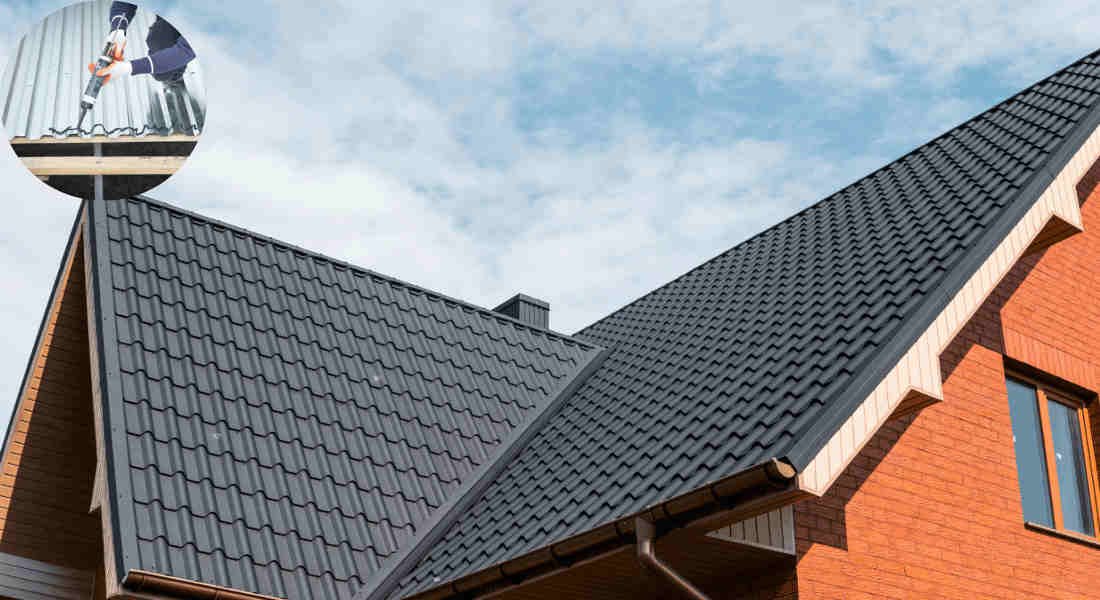
Filing an insurance claim can feel daunting, but knowing what to expect will help.
What Insurers Need
When filing a claim, your insurance company will typically require:
- Photos or videos of the damage
- A detailed list of damaged items (including their value)
- Proof of the incident (e.g., weather reports if a storm caused the leak)
Challenges You May Face
- Proving the leak was sudden and accidental: Insurance companies may deny claims related to gradual damage or negligence.
- Landlord cooperation: If the landlord is unresponsive or disputes the cause of the leak, it can complicate the process.
Temporary Housing Costs
If the leak renders your rental uninhabitable, renters insurance may cover additional living expenses, such as hotel stays or meals.
What Renters Should Know About Limitations and Exclusions
Renters insurance is incredibly helpful, but it’s not all-encompassing. Here are some key limitations:
Exclusions to Be Aware Of
- Flood damage: Flooding is generally not covered under standard renters’ insurance policies. You may need separate flood insurance.
- Gradual damage: Claims for damage caused by long-term issues, like mold or wear and tear, are excluded.
Understanding Your Policy
Take the time to read your policy carefully. Look for coverage limits, exclusions, and any specific requirements for filing claims.
Tips for Renters to Protect Themselves from Roof Leak Damage
Prevention is always better than cure. Here are some tips to stay ahead:
- Inspect Your Unit Regularly: Report any maintenance issues, such as small leaks or water stains, early.
- Protect Valuables: Store important items in waterproof containers or higher areas, away from potential leaks.
- Review Your Policy: Ensure you have sufficient coverage for your belongings, especially high-value items.
Why Renters Insurance Is Essential Even If You Don’t Own the Roof
Even though you don’t own the property, renters insurance gives you peace of mind by providing:
- Protection for Your Belongings: From water damage to theft, your possessions are covered.
- Liability Coverage: If a guest is injured due to a leak or resulting damage, you
You may also read (how to securely install deck home roof support posts).
